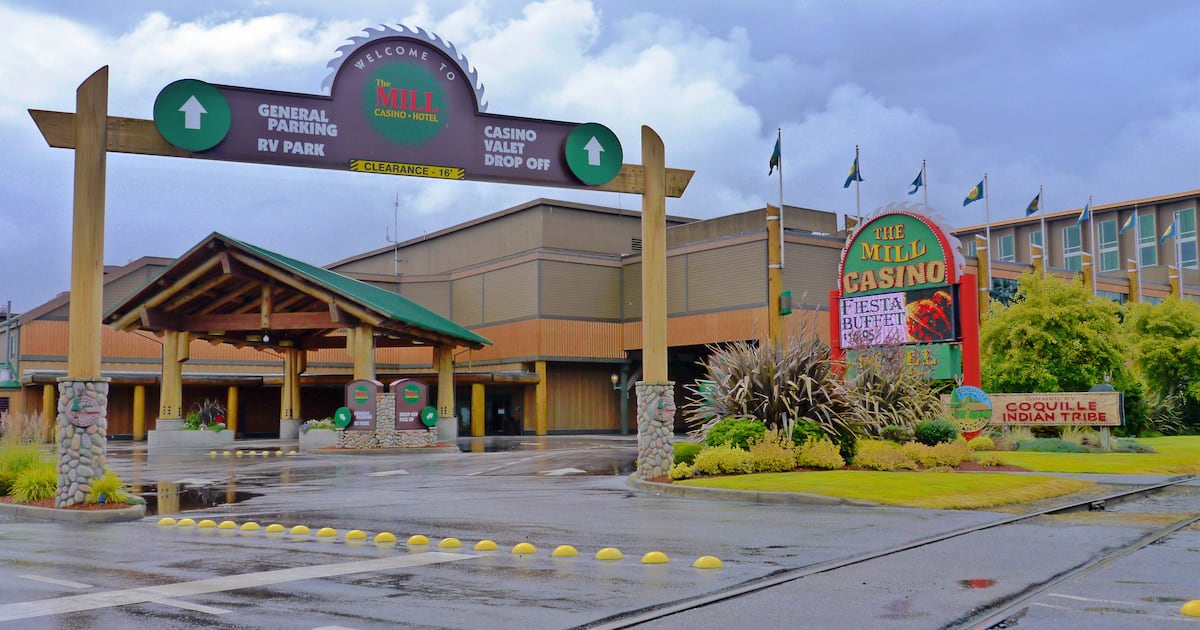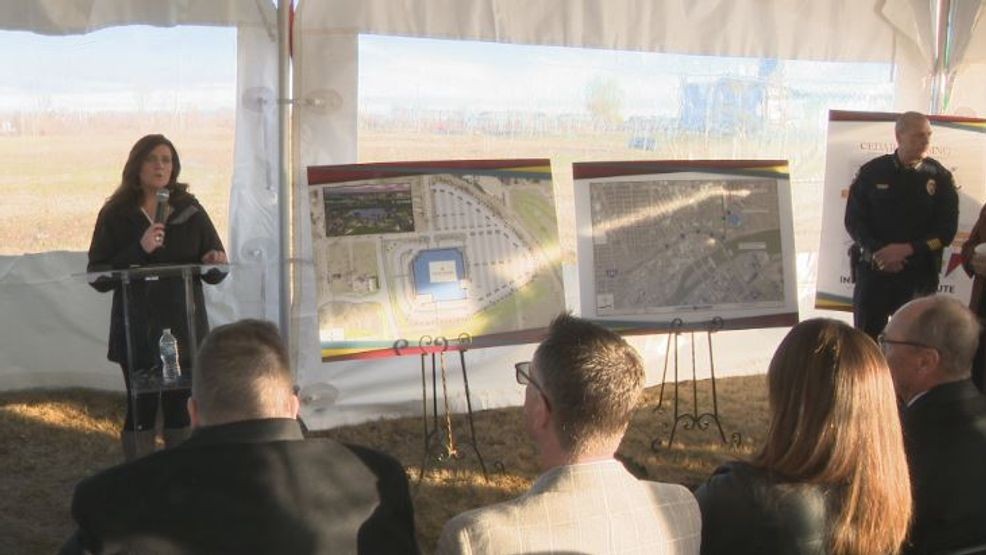In a busy Vallejo City Council meeting that drifted from Tuesday night into Wednesday morning, resolutions were passed concerning the Scotts Valley Casino Project and American Rescue Plan Act, as well as a new tobacco ordinance.
The council unanimously passed adopting a resolution authorizing City Manager Andrew Murray to execute a Cooperative Agreement with the Scotts Valley Band of Pomo Indians of California, relating to the proposed application to place land within the City of Vallejo in trust for the benefit of the Tribe.
The proposed project of a 400,000-square foot casino also includes the construction of 24 single-family residences, a tribal administration building, parking garage and a 45-acre biological preserve area on a 160-acre property located within and adjacent to the City of Vallejo boundary in Solano County, near the intersection of Interstate 80 and Highway 37. The casino facility would be open 24 hours a day, seven days a week. It would cost $700 million.
The issue featured four speakers, one in person was Matthew Adams, who urged the city council to realize it had leverage on the subject. Another virtual speaker was against it and wanted more discussion on the environmental concerns.
Council passed the resolution, with members such as Rozzana Verder-Aliga saying this was just the first step of many. However, she wanted to make sure that the Pomo Indian tribe would include Vallejo residents with the plans and designs of the project.
Mayor Robert McConnell had concerns, and brought how another casino in California in the past decade failed due to poor management. The mayor also wondered why the project needed 160 acres. Although 45 of that is going toward biological preserve area, he wondered if the 115 other acres was too much. He also asked the tribe’s attorney if Vallejo would be able to pull out of the deal or be against it despite the tribe having sovereignty on the project. He also wondered if the casino would follow regulations voted on earlier in the evening concerning the new tobacco ordinance.
The mayor also knew that the casino would bring extra jobs and restaurants, but wanted to know how the casino would affect already existing small businesses in Vallejo.
Some were even more skeptical with the passing of the resolution, even if it’s the first step. The Yocha Dehe Wintun Nation has taken aim at plans for the project in the past few months, especially after the Department of the Interior Bureau of Indian Affairs released its assessment of the Scotts Valley Band of Pomo Indians’ plans to bulldoze a Patwin cultural site in order to build the casino where the Pomo have no ancestral ties.
ARPA funds
Debate on the last action action item of the night went into the early hours of Wednesday morning, with the council passing it 5-2 but with many modifications.
After being presented with a slideshow on where the funds would be going, Loera-Diaz spoke first, asking, “Why is so much money going toward the Vallejo Police Department?”
Six recommended projects with the funds going toward the Vallejo Police Department included $390,000 going toward a new police department building design, $100,000 going toward police department recruiting and background checks, an IT firewall costing $391,000 and a city wide asset management position of $200,000.
“Two hundred thousand going toward an assistant position,” Councilmember Cristina Arriola said. “That’s a lot of money (speaking last part in a mock whisper).
Loera-Diaz wondered why the police needed so much money if the department was understaffed and saving money in that aspect. The Vice Mayor, like many other councilmembers, wondered why the budget for the ARPA funds wasn’t presented earlier. Councilmember JR Matulac wondered why more money wasn’t put into fixing the elevator at the Vallejo Naval and Historical Museum and he wished more money could also go toward the Empress Theatre. Arriola asked if more money could go toward paying VCAT radio station.
Murray responded that he realized it had come at the last minute but said he wanted to make sure all the departments had as much time as possible to make their decisions.
“The council needs time, too,” Loera-Diaz responded.
Proclamations
Earlier in the night the council voted 7-0 to adopt a resolution approving a first amendment to the supply of fuel and petroleum products agreement with Hunt Oil of California (formerly Hunts and Sons, Inc.) to increase the contract amount to $4,900,000.
Proclamations were also given out to the recognition of of Vallejo’s Naval and Historical Museum reaching 50 years, as well as another proclamation recognizing November as Native American Heritage Month.
For a seperate story on the passing of a tobacco ordinance, see page A1 of Thursday’s print edition or visit timesheraldonline.com.
Originally Published:




